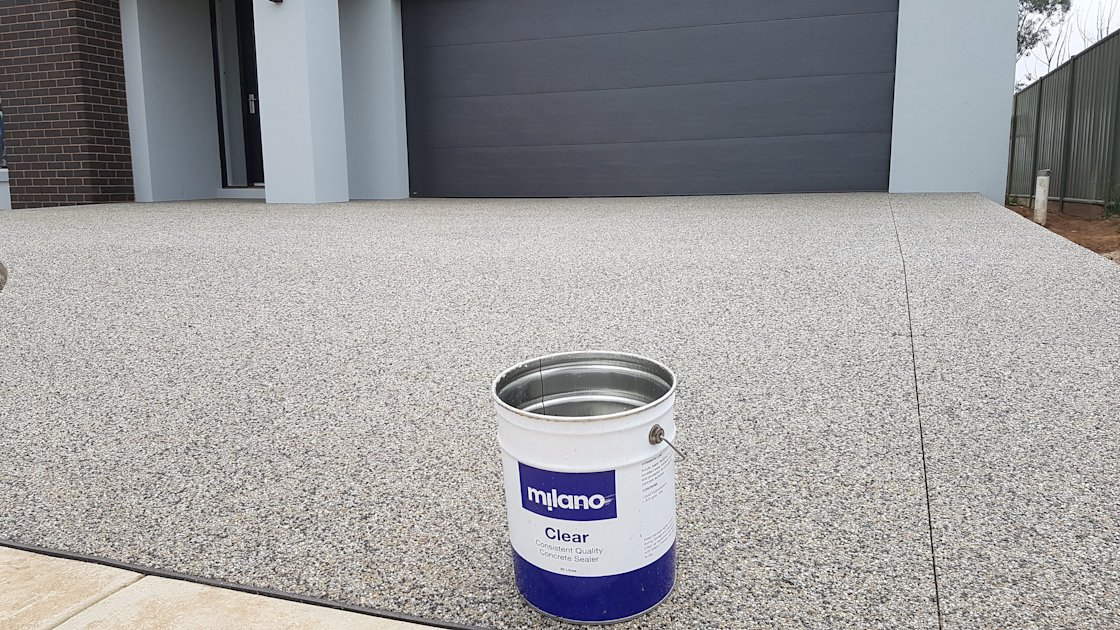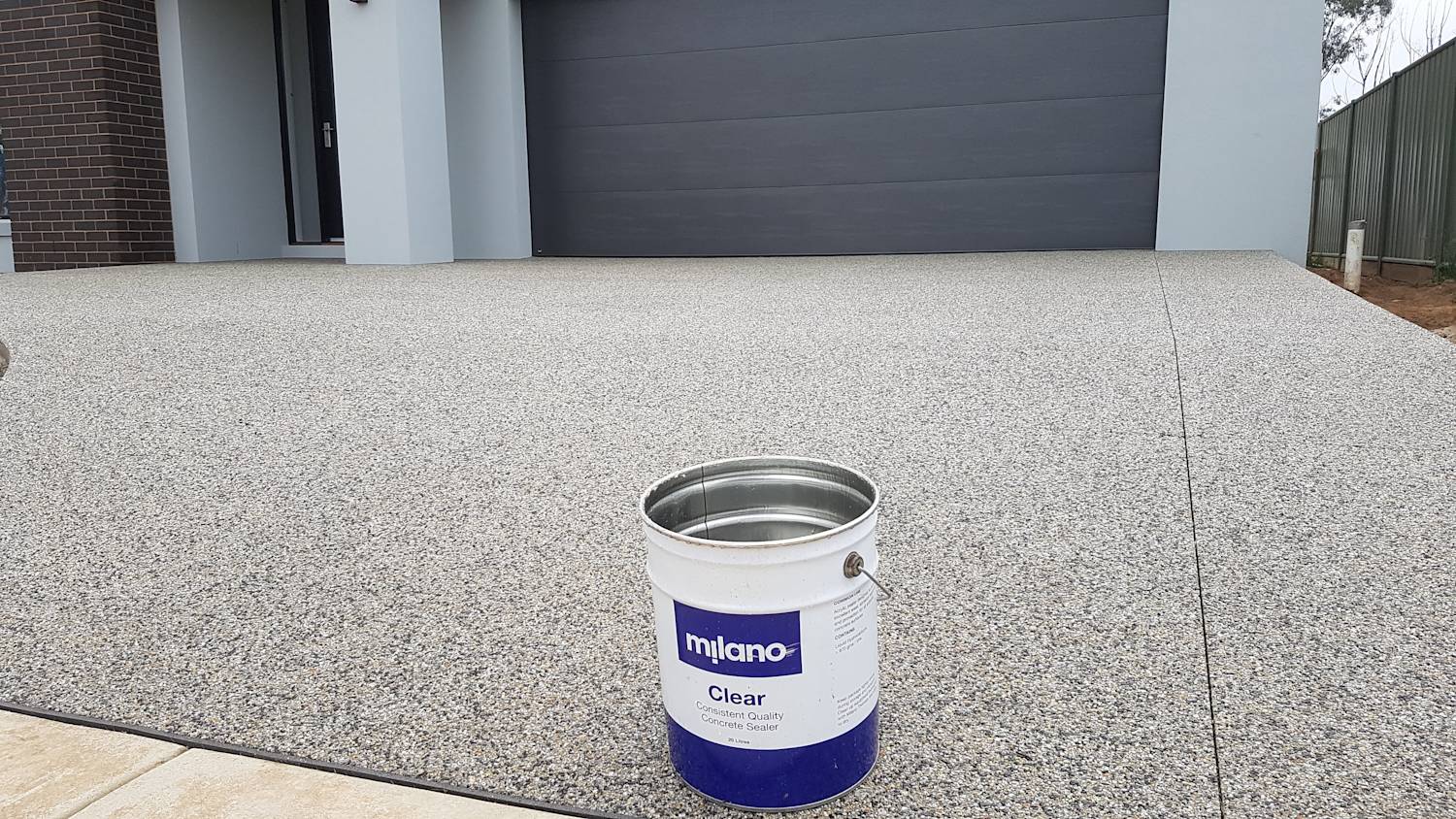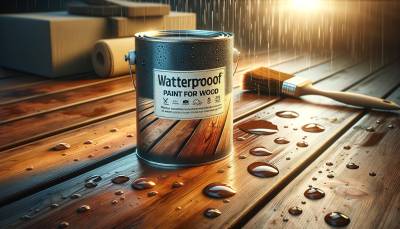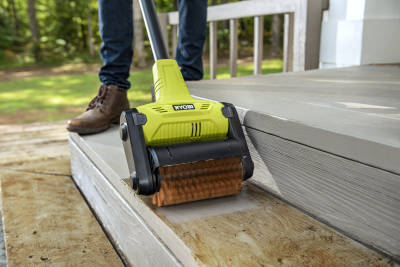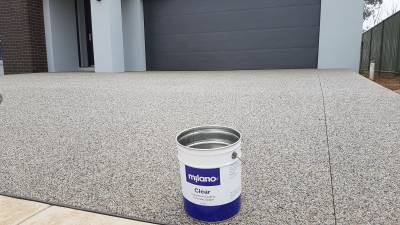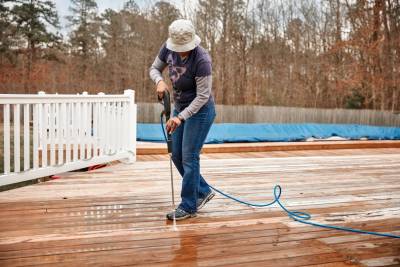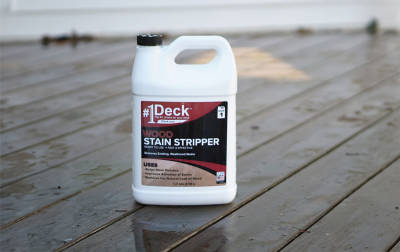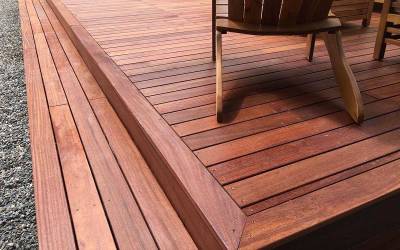If you are a homeowner, property manager, or contractor, then you are probably familiar with the importance of maintaining concrete surfaces. These surfaces, though known for their durability and strength, still need some level of protection to prolong their lifespan and maintain their aesthetic appeal. This is where a concrete sealer comes in. A concrete sealer is a protective layer that is applied to concrete surfaces to shield them from damage. In this comprehensive guide, we will delve into everything you need to know about concrete sealer, from its types to its benefits, application, and much more.
Understanding Concrete Sealer
Concrete sealer is a product formulated to protect concrete from surface damages, corrosion, and staining. It is essentially a barrier that resists external factors like water, salts, oils, or other chemicals that may damage the concrete. Sealing a concrete surface not only adds to its durability but also enhances its appearance.
Types of Concrete Sealer
Understanding the different types of concrete sealers on the market can help you select the right product for your project. Here are the most common types:
- Penetrating Sealers: These are premium sealers that provide superior protection against outdoor conditions, particularly in regions with harsh winters.
- Acrylic Sealers: Acrylics are ideal for both interior and exterior surfaces. They are UV-resistant and dry faster than other types of sealers.
- Epoxy Sealers: Known for their high gloss finish, epoxy sealers are perfect for keeping interior floors resistant to water and staining.
- Polyurethane Sealers: These sealers offer a high level of protection and are often used on countertops to prevent heat damage and staining.
Choosing the Right Concrete Sealer
When deciding on the best concrete sealer to use, you should consider several factors such as the type of concrete, location, aesthetic preference, the level of maintenance required, and budget. For instance, a penetrating sealer might be a good choice for driveways and walkways due to its exceptional durability, while an acrylic sealer can enhance the aesthetic appeal of your patio or pool deck.
Benefits of Using a Concrete Sealer
The benefits of using a quality concrete sealer are innumerable. Here are some key reasons to use a concrete sealer:
- Increases the Durability of Concrete Surface: Concrete sealers protect the surface from scratches, wear, and tear, thus ensuring long-lasting durability.
- Enhances Visual Appeal: A sealed concrete surface looks cleaner and polished, adding to the overall aesthetic appeal of the property.
- Aids in Maintenance: Sealed concrete surfaces are much easier to clean and maintain compared to unsealed surfaces.
- Weed Control: Sealed concrete can help prevent weed growth in outdoor areas like driveways and patios.
Application of Concrete Sealer
Applying a concrete sealer may seem like a daunting task, but with the correct tools, it's a doable DIY project. Before application, clean the surface thoroughly to ensure the sealer adheres properly. The sealer can be applied using a roller or sprayer, depending on what you find more comfortable. Follow the instruction on the product label for best results.
Concrete sealer is an essential protective coating that safeguards your concrete surfaces from damage, enhancing their durability and appearance. With a clear understanding of the different types of concrete sealers, their benefits, and application process, you can make an informed decision regarding the best sealer for your concrete surfaces. Make sure to use a concrete sealer to protect your investment and enhance the overall aesthetic of your home or property.
Frequently Asked Questions About Concrete Sealer
Why is it important to seal concrete?
Sealing concrete is beneficial to maintain its appearance and longevity. Unsealed concrete is vulnerable to staining, weather damage, and degradation. A concrete sealer acts like a barrier, protecting the concrete from harmful elements and prevent it from wearing out quickly.
What does concrete sealer do?
A concrete sealer serves a dual purpose. It enhances the appearance of the concrete by enriching its color and imparting a sheen. More importantly, it protects the concrete from stains, damage, and deterioration caused by water absorption, UV radiation, freezing and thawing cycles, and other environmental factors.
How long does concrete sealer last?
The longevity of a concrete sealer depends heavily upon its type, the quality of application, and environmental conditions. Generally, you can expect penetrating sealers to last up to five years, while acrylics, polyurethanes, and epoxies may need reapplication every one to three years.
Can concrete sealer be applied to wet concrete?
While certain concrete sealers can be applied to damp or green concrete, it's generally recommended to allow the concrete to dry completely before applying the sealer. This ensures the sealer penetrates the concrete properly and bonds effectively.
How is concrete sealer applied?
Applying a concrete sealer involves cleaning the concrete surface thoroughly, allowing it to dry, applying the sealer evenly with a sprayer or roller, and allowing it to cure. Each type of sealer may have specific application guidelines that should be followed for best results.
Is concrete sealer breathable?
Most concrete sealers are designed to be breathable, permitting moisture vapor to escape from the concrete. This prevents moisture from becoming trapped within the concrete and damaging it over time. However, some types of sealers, like epoxies, are not breathable.
Can you paint over concrete sealer?
Yes, concrete sealer can be painted over, but it requires an extra step. Before painting, you need to prepare the surface by sanding it to improve adhesion and applying a primer.
Does sealer make concrete slippery?
Sealing concrete can make it slightly slippery, especially when wet. If slipperiness is a concern, consider using a sealer that offers a non-slip additive or choosing a sealer with a matte finish over high-gloss options.
Is sealing concrete expensive?
The cost of sealing concrete can vary widely, depending on the type of sealer used, the size and complexity of the project, and whether you choose to do it yourself or hire a professional. However, given that it protects and prolongs the life of your concrete, most consider it a worthwhile investment.
How soon after pouring concrete can you seal it?
Post-pouring, most concrete surfaces need to cure for 28 days at a minimum before a sealer can be applied. It is crucial to follow the concrete manufacturer's instructions to ensure optimal sealing results.
Pros and Cons of Concrete Sealer
Pros of Concrete Sealer
Maintenance and Durability
- Extended Lifespan: A concrete sealer acts as a protective shield for your concrete. It blocks the penetration of water, salt, harmful chemicals, and UV rays which can cause discolouration, chipping, cracking, and other major damages. This extends the life expectancy of your concrete.
- Maintenance: Once a concrete sealer is applied, the surface becomes easier to clean and maintain. Stains and spillages on the surface can be wiped off easily without any staining or structural damage.
- Weather Resistance: Concrete sealer provides excellent resistance to weather conditions, protecting the concrete from freeze-thaw damage, wind erosion, or damage caused by rain, especially in regions with inclement weather.
Aesthetic Enhancement
- Improved Appearance: Concrete sealers can drastically enhance the aesthetics of the concrete. They can give it a glossy, wet look, a semi-gloss appearance, or a natural matte finish, depending on the type of sealer used.
- Color Enhancement: Sealers can enhance the color of concrete. It makes the concrete look richer and deeper in color, especially if you’re using colored concrete or decorative concrete.
Cons of Concrete Sealer
Application and Cost
- Application Process: The correct application of concrete sealer is crucial for its effectiveness. The concrete surface must be properly cleaned and dried before the application, and it may often require professional expertise. Some types of sealers also require regular reapplications, adding to the maintenance efforts.
- Cost: The initial cost of implementing a high-quality concrete sealer can be high, especially if professional service is involved. Plus, given the needs for periodic resealing, the total cost may add up over time.
Environmental Considerations and Durability
- Environmental Impact: Some types of concrete sealers (especially solvent-based ones) contain high volatile organic compound (VOC) levels. These compounds contribute to air pollution and climate change. Hence, it might not be the best choice for someone who is environmentally conscious.
- Slippery when Wet: Certain types of sealers, especially those that provide a glossy finish, can make the surface slippery when wet. This is particularly concerning for surfaces like driveways, patios, or pool decks.
- UV instability: Some sealers are not stable under UV exposure and can degrade and discolor over time. This means outdoor applications may require more frequent maintenance and resealing.
Potential Hazard
- Toxic Chemicals: Certain versions of concrete sealers can emit harmful fumes during application and while curing. They can also potentially present a risk of fire. It’s crucial to take safety precautions, including proper ventilation, if using these types of sealers.
Summary
Concrete sealer is not just an add-on. It's an essential tool that makes a significant difference to the lifespan and aesthetics of your concrete. Sure, it's an additional expense upfront, but it will save you a lot in terms of repair or replacement costs in the future. Trust the process and invest in a concrete sealer. It's worth it!
Maintaining your concrete surfaces doesn't need to be complicated. With a good concrete sealer, it becomes a breeze! It helps in preventing moisture, dirt, and stains from settling in. A small effort in the present to apply a concrete sealer can thus reward you with a durable, clean, and visually-pleasing concrete surface in the future!
Choosing and applying the right concrete sealer is crucial. It's not a one-size-fits-all scenario. Different situations will need different types of sealers. But, regardless of the type, a concrete sealer is a solid investment that protects and enhances your concrete. Keep these things in mind while dealing with concrete and you won't regret it!
About Grime Busters Pressure Washing
Welcome to Grime Busters Pressure Washing! Based in the vibrant city of Vancouver in Washington State, we are a dedicated and passionate team of experts hailing from diverse background. We specialize in making things look new again. We're not just another cleaning company - we're your local professionals, committed to delivering an exceptional pressure washing service that's unmatched in both quality and customer care. Driven by a desire to provide the cleanest, most pristine homes, businesses, and streetscapes, Grime Busters has certainly earned its place as a leading pressure washing team. So next time your property needs a facelift, you know who to call!
Tags: Concrete Sealer, Sealing, Concrete Maintenance,

